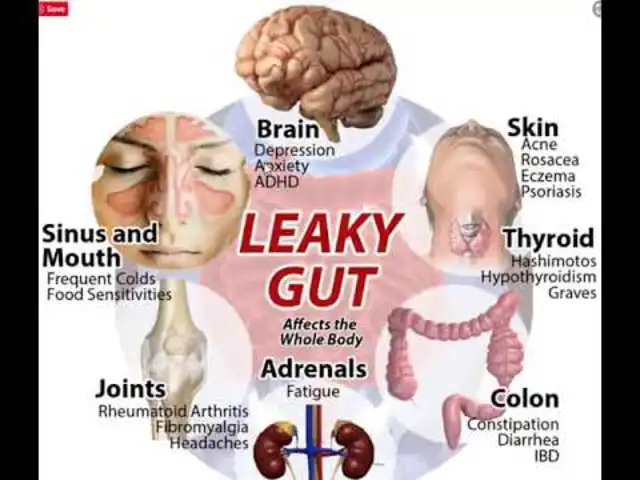Home Care: Quick Tips for Safe Medication and Supplement Use
Running a household means juggling meds, vitamins, and a few over‑the‑counter fixes. It can get confusing fast, especially when you shop online or try a new supplement. This guide pulls together the most useful bits from our articles so you can make safe choices without digging through endless pages.
How to Choose Safe Online Pharmacies
The internet is full of sites that promise cheap pills, but not all of them are legit. Look for a pharmacy that displays a valid license number, offers a clear pharmacist contact, and uses secure HTTPS connections. Check if they belong to recognized groups like CIPA (Canadian International Pharmacy Association) or have a local regulatory seal. Avoid sites that ask for payment via gift cards or ask you to “verify” your identity through weird methods – that’s a red flag.
When you find a candidate, read the privacy policy and return policy. Legit pharmacies will explain how they protect your data and what happens if a product arrives damaged. Also, compare prices with a few trusted sources; if a deal looks too good to be true, it probably is.
Common Home Care Supplements and What to Watch
Supplements like bulbous buttercup, fish oil, or herbal blends can sound appealing, but they aren’t always safe for everyone. Always check the ingredient list for things like protoanemonin in bulbous buttercup, which can be toxic at high doses. If you have chronic conditions or take prescription meds, talk to a pharmacist before adding anything new.
Stick to brands that provide third‑party testing results and clear dosing instructions. Look for labels that say “USP verified” or “NSF certified.” And remember, more isn’t always better – the right dose is key to getting benefits without side effects.
Our tag page also includes detailed reviews of specific meds you might use at home: from blood pressure pills like Capoten and Accupril to pain relievers such as generic Motrin or Tylenol. Each article breaks down how the drug works, typical side effects, and how to store it safely. Use those guides to double‑check dosage and interactions before you hand a bottle to a family member.
Finally, keep a simple home inventory. Write down the name, strength, and expiration date of every medication and supplement. Toss anything past its date, and store everything in a cool, dry place out of children’s reach. A quick weekly glance can prevent accidental overdoses or missed doses.
With these basics, you’ll feel more confident navigating the world of home care. Stay curious, stay safe, and keep checking back for updated guides on new drugs, emerging supplements, and online pharmacy news.
Sinus Infection Home Care vs Ampicillin: When to Use Antibiotics for Sinusitis
Struggling to tell if your sinus infection needs a doctor's prescription or just rest, fluids, and a hot shower? This down-to-earth guide walks you through how to treat mild sinus infections at home, spot serious warning signs, and know when ampicillin (an antibiotic) is actually worth it. You'll learn which symptoms matter most, when to see your doctor, and how to avoid unnecessary antibiotics while beating misery fast.






